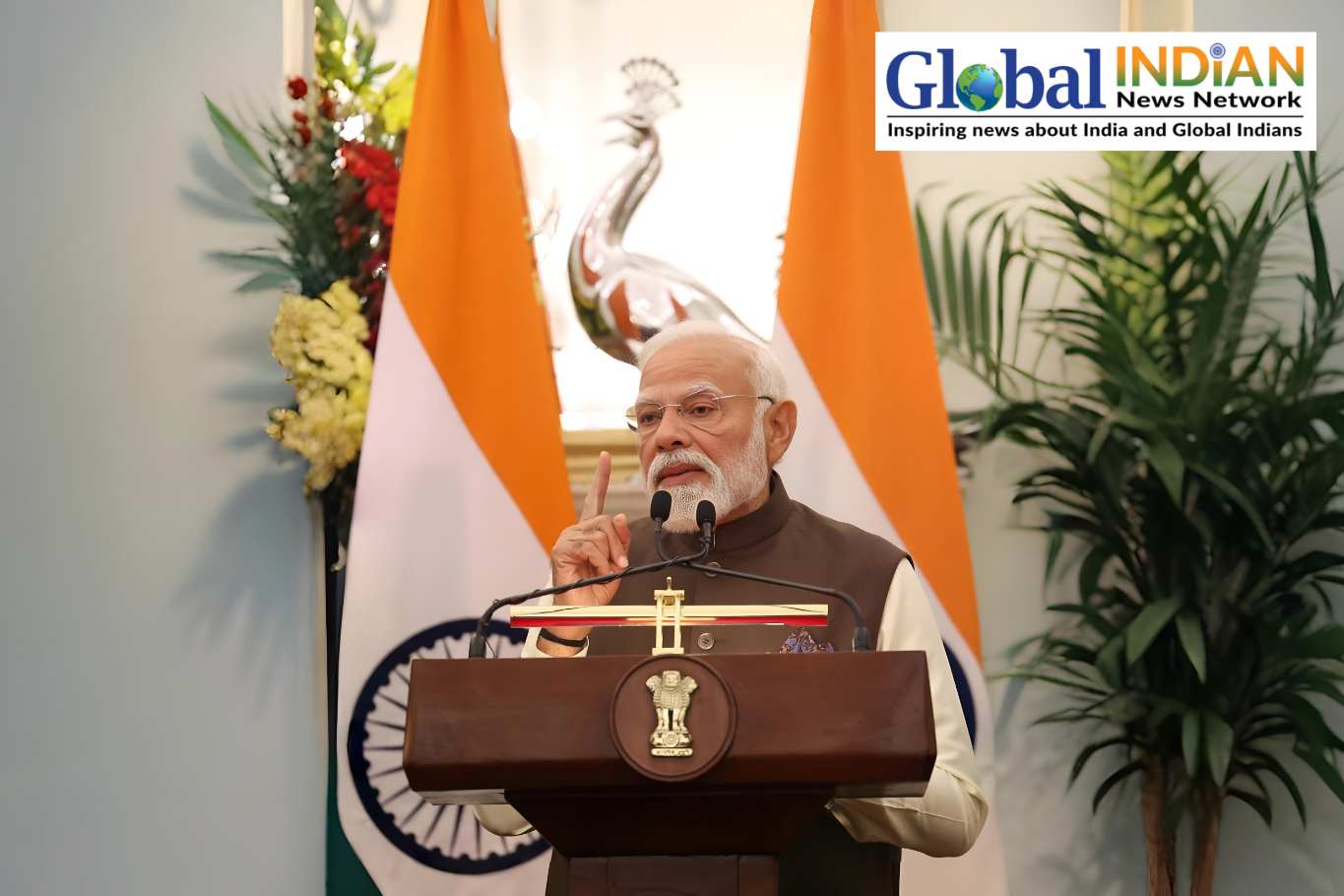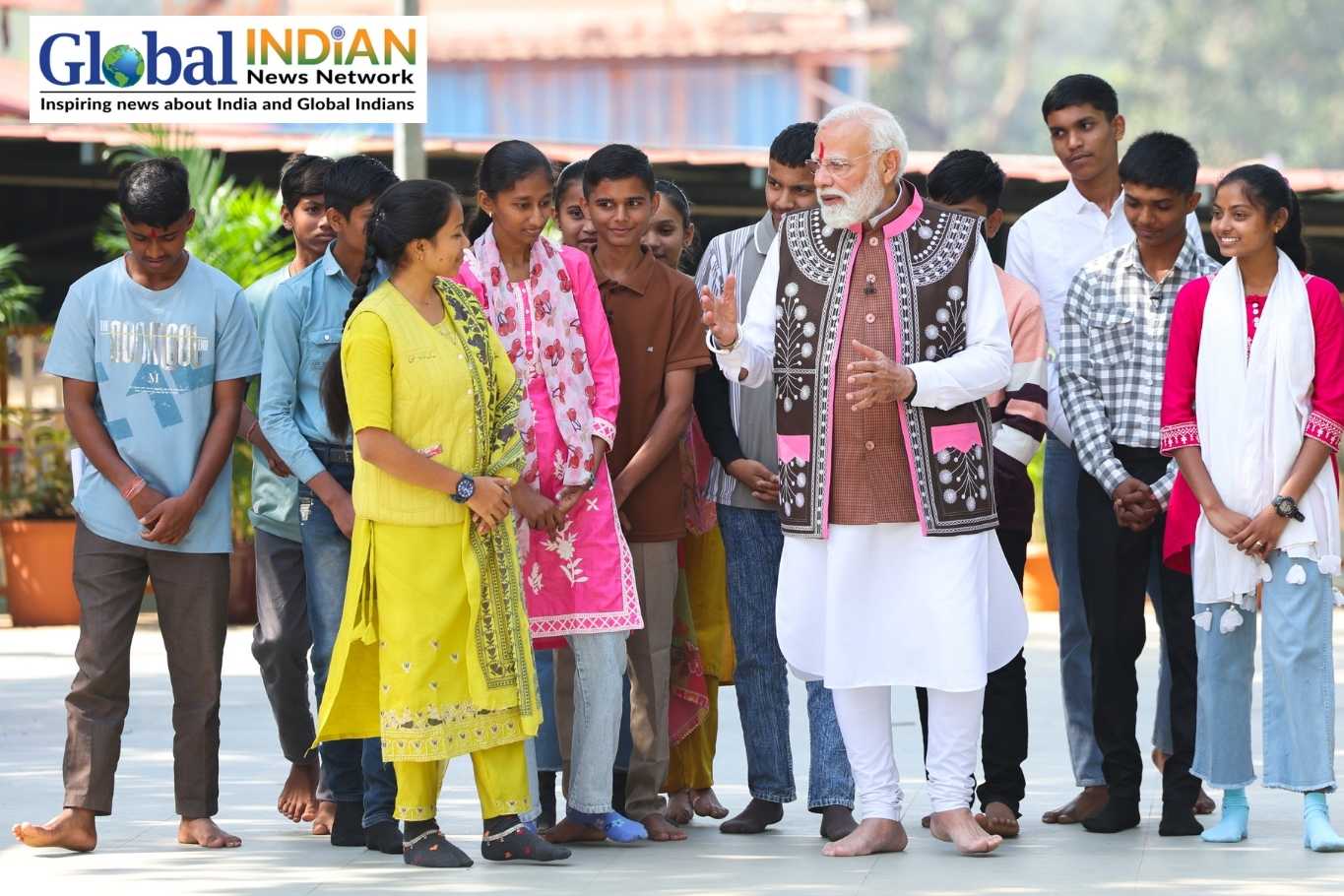 Prime Minister Narendra Modi announced the successful implementation of three new criminal laws—Bharatiya Nyaya Sanhita, Bharatiya Nagarik Suraksha Sanhita, and Bharatiya Sakshya Adhiniyam—in Chandigarh, making it the first city in India to fully adopt these modern legal reforms. These laws, which came into effect on July 1, replace the outdated Indian Penal Code, Code of Criminal Procedure, and Indian Evidence Act, which were remnants of British rule.
Prime Minister Narendra Modi announced the successful implementation of three new criminal laws—Bharatiya Nyaya Sanhita, Bharatiya Nagarik Suraksha Sanhita, and Bharatiya Sakshya Adhiniyam—in Chandigarh, making it the first city in India to fully adopt these modern legal reforms. These laws, which came into effect on July 1, replace the outdated Indian Penal Code, Code of Criminal Procedure, and Indian Evidence Act, which were remnants of British rule.
During his speech, PM Modi emphasized that these new laws will protect citizens’ rights and ensure swift justice, ending the era of prolonged legal delays. He highlighted that terrorists and criminal organizations would no longer exploit legal loopholes under the new system, which aims to deliver justice efficiently. The Prime Minister also pointed out that these reforms mark the end of colonial-era laws that were designed to oppress Indians.
Union Home Minister Amit Shah supported this view, stating that the updated legal framework would ensure justice within three years of an FIR being filed. He described India’s revamped criminal justice system as one of the most modern in the world.
Modi also attended a live demonstration of crime scene investigation techniques by the Chandigarh Police at Punjab Engineering College. The demonstration showcased evidence collection under the new legal guidelines, with SSP Kanwardeep Kaur explaining the process.
These reforms aim to modernize India’s criminal justice system, tackling contemporary challenges like cybercrime and organized crime. According to an official statement, the new laws promise transparency, efficiency, and stronger victim support, setting a benchmark for legal reforms across the nation.









